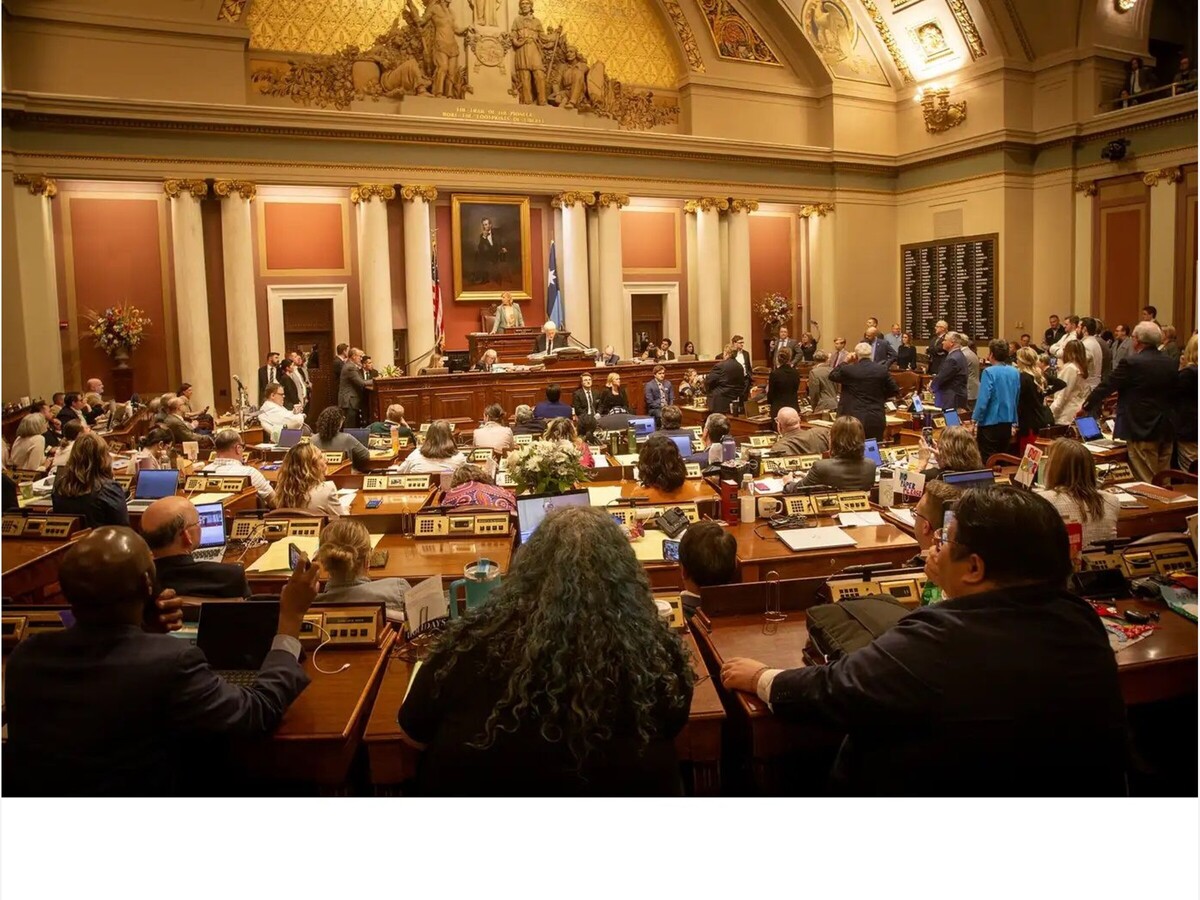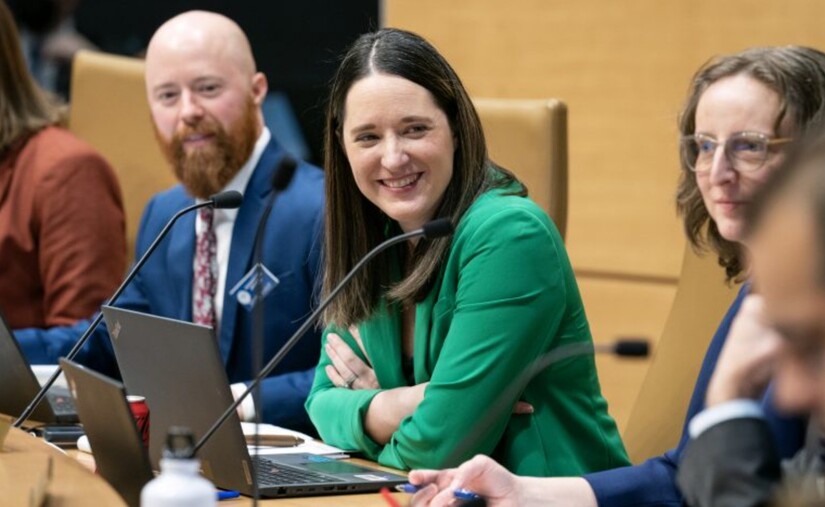Image


Sen. Lindsey Port and colleagues hear directly from Minnesotans on the growing strain of insurance and care expenses
By MinneapoliMedia Staff
NORTHFIELD, Minn. — The strain of rising insurance and healthcare costs on Minnesota residents took center stage Thursday as the Senate Select Subcommittee on Federal Impacts on Minnesotans and Economic Stability held a public roundtable in Northfield.
Led by Senator Lindsey Port (DFL–Burnsville), the meeting gave local residents, healthcare professionals, and policymakers an opportunity to share firsthand experiences of how mounting medical costs are affecting families and small businesses across the state. The discussion is part of an ongoing listening tour by the committee, which was established earlier this year to assess how federal actions are shaping Minnesota’s economic stability and access to essential services.

Residents and healthcare leaders described difficult financial choices between paying for basic care and covering everyday expenses. Hospital officials warned of challenges sustaining services amid rising costs and federal policy shifts.
According to reporting from KSTP-TV, one Northfield resident told the committee that although she has modest insurance through her employer, her husband remains uninsured because the family cannot afford coverage. “Right now, we are choosing not to start a family because birth control is cheaper than children and cheaper than day care,” she said.
A Northfield hospital administrator cautioned that cuts to Medicaid and insurance subsidies could reduce operating revenue by nearly nine percent — a loss that could impact care availability in rural Minnesota communities.

Following the event, Sen. Port issued a statement calling healthcare “a human right” and decrying the tough decisions Minnesotans face when medical costs conflict with other financial needs.
“It is infuriating to hear from and about Minnesotans making painful choices between seeking basic care and paying their other bills,” Port said. “The cost of insurance, medication, and care is rising at unsustainable rates, and yet our health outcomes aren’t getting any better. Something is broken.”
She noted that Minnesota has invested hundreds of millions of dollars to stabilize its healthcare market and reduce costs for households and small businesses. However, she sharply criticized former President Donald Trump and Congressional Republicans, accusing them of undercutting affordable care.
“Donald Trump and Republicans in Washington don’t care,” she said. “Instead of extending a tax credit to protect affordable health insurance, they cut costs for billionaires, and now they’ve shut down the government. Trump’s cuts to Medicaid will push another 140,000 Minnesotans onto a private insurance market many of them can’t afford.”
The discussion follows a Minnesota Department of Commerce report projecting that premiums in the state’s individual insurance market could increase by more than 16 percent in 2026, largely due to the expiration of enhanced federal premium tax credits.
Senate DFL leaders — including Erin Murphy, Matt Klein, and Melissa Wiklund — have cautioned that recent federal budget decisions could increase costs for tens of thousands of Minnesotans, particularly among self-employed workers, farmers, and older adults not yet eligible for Medicare.
To mitigate those effects, the state extended its reinsurance program, aimed at reducing premium spikes for consumers. Still, officials acknowledge the measure is a temporary safeguard requiring ongoing state funding.
Sen. Port said that testimony gathered from Northfield and other communities will help guide legislative recommendations for the 2026 session.
“We have to recognize the unprecedented moment we’re in and find the best way through it for the people of Minnesota,” Port said.
As healthcare costs continue to climb and federal support remains uncertain, state lawmakers are expected to consider additional measures next year to preserve affordability and access to care for Minnesota families.